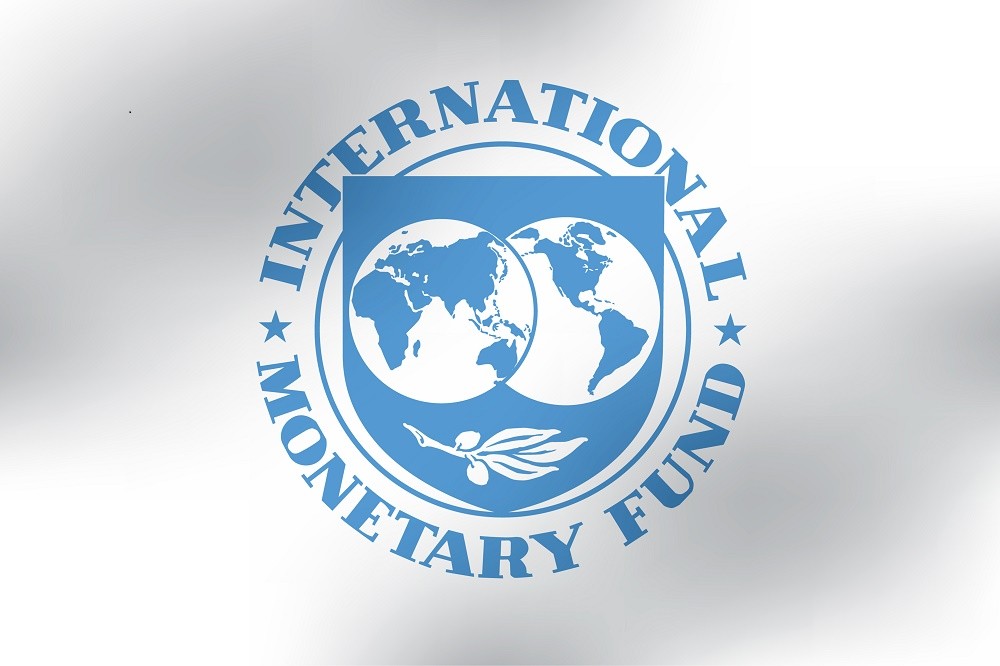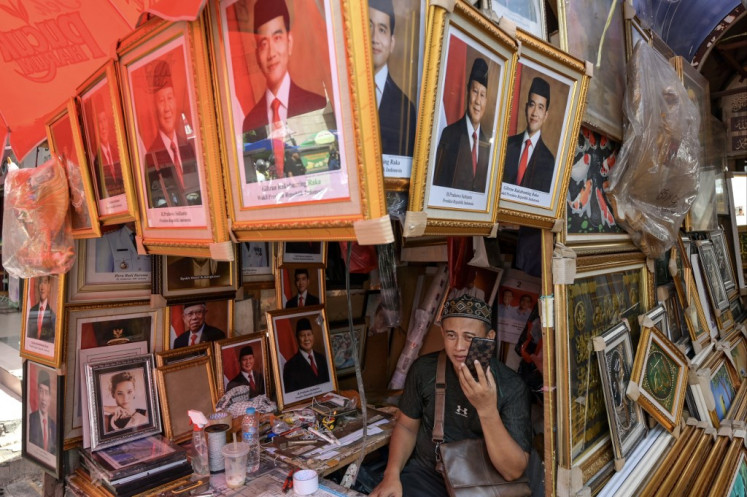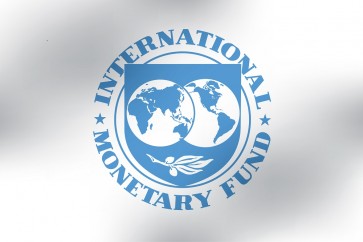Chance to push for IMF quota reform?
As host, Indonesia could fill the role of bridging the interests and aspirations of the two different views. Bridging an intensely debated issue such as IMF reforms is not easy.
Change Size
 International Monetary Fund (IMF) sign. (Shutterstock/File)
International Monetary Fund (IMF) sign. (Shutterstock/File)
T
he International Monetary Fund-World Bank annual meeting is among the most important international events Indonesia will be hosting this year. Serious preparations have begun for that event, which will be held in October in Nusa Dua, Bali, including promotion, security and a contingency scenario in case Mount Agung continues to erupt.
One important topic that may draw much debate and attention is the quota reform of the IMF.
Reforming international financial institutions has been regularly discussed in previous IMFWorld Bank meetings. These discussions were in response to a demand from developing countries, which are generally not satisfied with the current governance of the IMF and the World Bank. Their demand referred to the small representation of developing countries in both institutions.
In the IMF, the governance’s top decision-makers are the 24 directors on its executive board, of which five seats are automatically filled by representatives from the United States, Japan, Germany, France and the United Kingdom, while the remaining 19 seats are elected by its member countries.
Understanding the change in global economic distribution, the IMF, under pressure from the G20, decided to revise the composition of its quota and voting rights. In the 14th General Review of Quotas in December 2010, the IMF Board of Governors approved the quota and governance reforms proposed by the Executive Director.
The reforms raised the quotas to around US$733.9 billion, as well as shifted 6 percent of quota shares from developed countries to developing countries. The 2010 reform package was, nevertheless, delayed for more than five years until the Republican-led Congress approved it in early 2016.
As a result of these reforms, several countries’ quota shares rose significantly. China’s quota, for example, was increased from 3.99 percent to 6.39 percent, whereas Germany’s quota was reduced from 6.1 percent to 5.58 percent. China is currently the third largest quota holder in the IMF after the US and Japan. India, Russia, and Brazil are now in the top 10 largest IMF quota holders. But further reform is seen as necessary to improve the representativeness of developing countries.

















